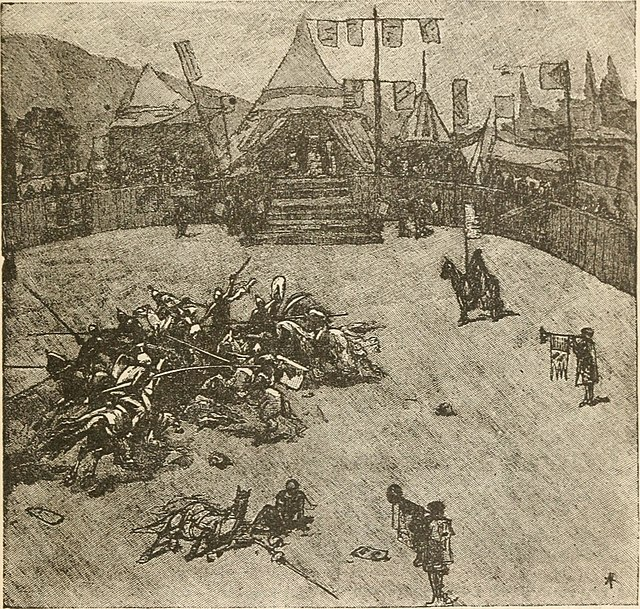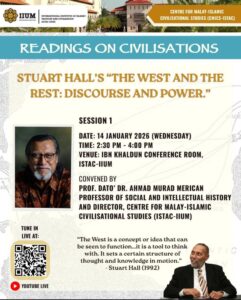The Analysis of the Holy Defense Novels According to Bakhtin Considering “Noah Homiletic Sermon” and “Once Upon a War”

Author (s) : Dr. Shahla Khalilollahi*1; Dr. Gaffar Borjsaz2
; Shahla Dinavi Zade3
Institution : , Shahed University, Tehran, Iran, Islamic Azad University, Science and Research Branch, Iran.
Category : Article, IJMMU
Topics : Bakhtin; Polyphony; Monophony; Noah Homiletic Sermon; Once Upon a War
Polyphony theory was proposed by Mikhail Bakhtin (1895-1978), a critic, philosopher, and Russian theorist in the 20th century. He borrowed this theory from music field and used it for the analysis of Dostoyevsky and Rabelais’s stories. According to him, polyphony means equal distribution of phones in a text. He believes that polyphony lets the story characters leave the author’s viewpoint and creates conversation and on the basis of mixture of different phones, presents a new theory. In this study, it is tried to analyze speech systems of “Noah homiletic sermon” by Mahmoodi and “Once upon a war” by Gheysari using polyphony and monophony approaches of Bakhtin and the significance of this study is answering to this question that to what extent these books were able to benefit speech systems and Bakhtin theory.This research shows that polyphony in “Noah homiletic sermon” by Mahmoodi is used on the basis of Bakhtin theory and each personality has a special language and ideology which is common in face but actually they are different. This novel possess a particular position because of happening in a place with special geography which is Diyar-e- noon and the sensitivity of that period when the story is being narrated. But “Once upon a war” couldn’t benefit from polyphony so actions of the story have been finished by monophony.
Article can be downloaded here >> The Analysis of the Holy Defense Novels According to Bakhtin Considering
“Noah Homiletic Sermon” and “Once Upon a War”








